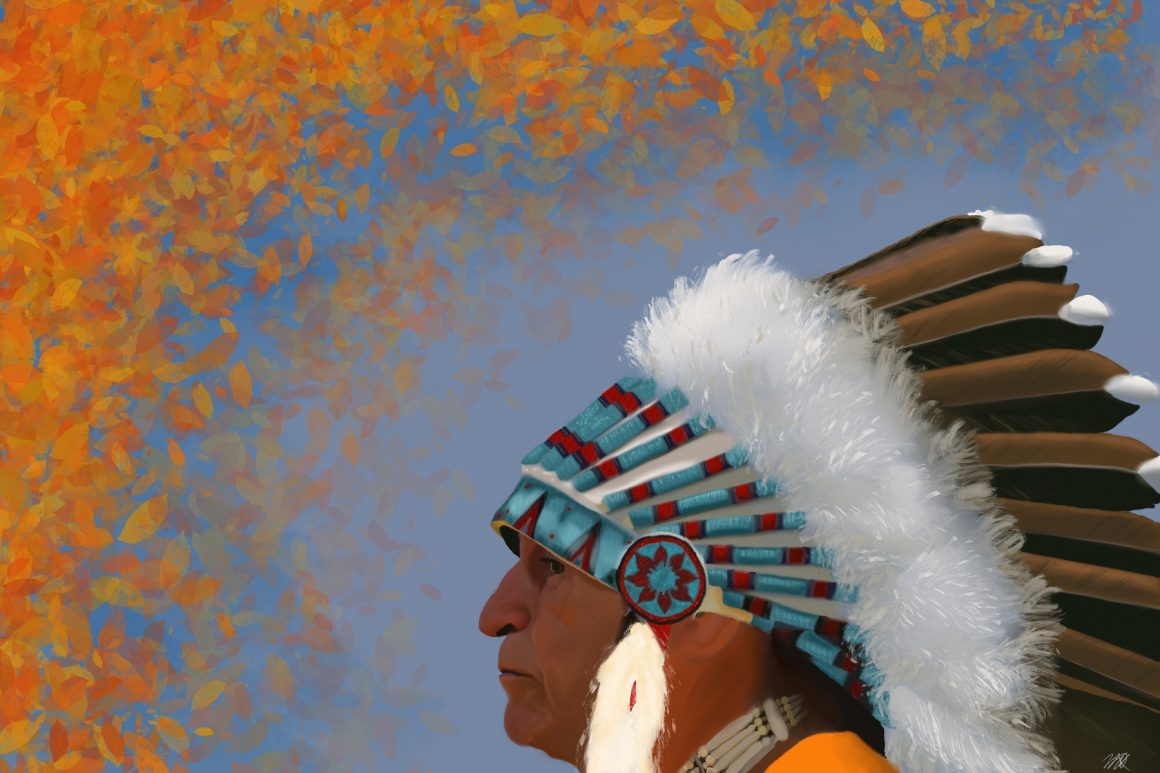
Indigenous Strategy receives 1 million in funding by the Calgary Foundation
By Nazeefa Ahmed, September 6 2022—
Calgary Foundation, a charity and philanthropic organization that funds initiatives for the long-term benefit of Calgarians, has donated one million dollars to the University of Calgary’s Indigenous Strategy (ii’ taa’poh’to’p). The initiative includes seven commitments to furthering truth and reconciliation efforts on campus, through honouring Indigenous traditions, maintaining full circle community engagement and building authentic relationships between the First Nation community.
In an interview with the Gauntlet, Vice-President of Indigenous Relations & Equity Strategy Tim Fox spoke about the intention of the donation, as well as the meaningful work the U of C is doing to further reconciliation efforts.
“The work of reconciliation is surfacing from many organizations and many systems these days,” said Fox. “Efforts such as the University of Calgary’s ii’ taa’poh’to’p Indigenous Strategy rise to the top. Their knowledge capacity around the harm that Indigenous nations and communities continue to face because of residential schools has increased by a large degree. Since the ii’ taa’poh’to’p program is focused on systems change, we see the strategy impacting the entire fabric of how that institution exists.”
Fox describes how there has been a shift in institutions focusing on systems-change rather than trying to solve an intergenerational problem through surface-level efforts.
“I think historically there has been efforts made to support Indigenous initiatives and programs,” said Fox. “For me, when I reflect back on those efforts, they have remained fairly transactional and did not allow for systemic change. Systems change happens, I believe, when we change attitudes and beliefs. When the approach is less transactional and more rooted in relationships you are then promoting an understanding, a shift in attitude.”
The Calgary Foundation, according to Fox, observed the community-focus in the systems-change approach of the strategy, which allowed truth and reconciliation to be a community endeavor rather than an isolated one.
“The Indigenous Strategy is still evolving,” said Fox. “It’s definitely benefitting the Indigenous students that go there but it is also benefiting the entire campus community. That is the work of reconciliation. It should never be siloed work. It is the responsibility of all to experience the transformation. I see a lot of promise in the strategy itself. I feel there will be an organizational cultural shift. It is not going to exist in one department with one group of people. There will be a shift in the ideological theoretical perspective, but also in the physical space. [The strategy] will be seen, for example, in what is shown aesthetically on the walls of the institution.”
Fox believes that reconciliation efforts need to address the knowledge gaps about the generational trauma that First Nation communities had to face — this will allow reconciliation to be more than a historical fact to be memorized.
“The fact of the matter is everyone in Canada, including newcomers coming to this country are socially conditioned to believe First Nations people in a certain perspective, and often a negative one,” said Fox. “They don’t realize that there have been historical legacies, policies, laws [and] institutions imposed on this generation that has led us to intergenerational impacts that we are experiencing. There was a large effort to eradicate us, assimilate us, erase us altogether through federal government policies like the Indian Act, through the residential school system, through efforts of the 60s scoop.”
“Real systems change happens through knowledge mobilization, rather than knowledge extraction,” Fox continued. “Once you take a deep dive and realize the social implications of history, it is not enough to increase your level of knowledge. What are you going to do with that level of understanding?”
Information about the ii’ taa’poh’to’p indigenous Strategy can be found on the U of C’s website. Additionally, the Calgary Foundation accepts applications for Major & Signature Grants until Nov. 1. Details about their application process can be found on their website.
